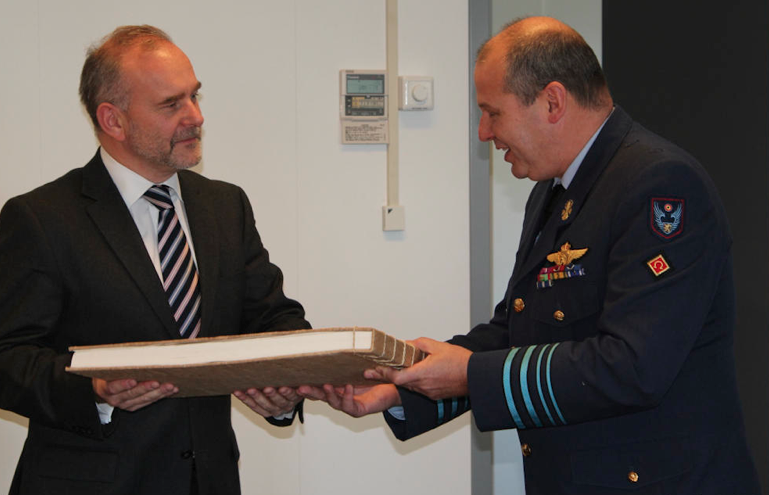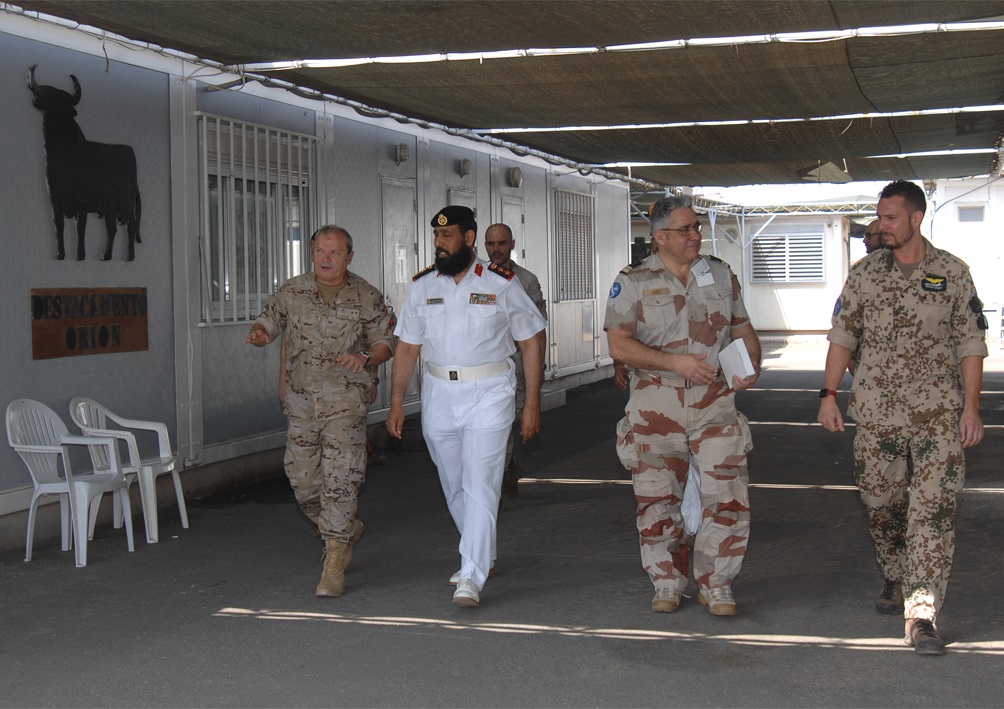Will the EU get more involved on Gaza's borders?

The 27 Foreign Ministers should adopt, on Monday, conclusions on the Middle East which recall the European (and international) fundamentals on the peace process: no additional colonization, development of the two States... But they could above all also give the implicit green light for a reconfiguration of the European presence around the borders around Gaza. We know that for several years the European border surveillance mission, Eubam Rafah, has been condemned to inaction. On several occasions, we believed that a new beginning could be realized (1). This time could be the right one but on a new basis.
A Letter from the Palestinian Authority
It would no longer be a question of the only border point of Rafah according to its old model. But a global surveillance of the borders around Gaza in which Europe would be involved. It is indeed a question of reopening the doors of the Palestinian enclave to the transit of goods, of allowing if not an economic recovery, at least of releasing the atmosphere of slow asphyxiation which marks this territory. But for that, you need infrastructure, equipment and trained personnel. It is around these three points that European action could be concentrated in 2011. The High Representative also received, on 1 December, a letter from the Prime Minister of the Palestinian Authority, Salam Fayyad, formally inviting the EU to get involved in this process. An invitation which is the necessary prerequisite for any action. And on the Israeli side, we seem to welcome such an action.
Infrastructure, equipment, training
The objective is to facilitate the transit of goods in effect to accommodate up to 1000 trucks per day. To do this, you need infrastructure: enlarge the areas of the border posts, provide car parks, etc. Then you need equipment (computers, scanners, etc.) to make these border posts work. Finally, trained men are needed. The Europeans could thus train the Palestinian border guards (from the Palestinian authority) responsible with the Israelis for managing the border points. In a way, we find the same problem and approach as in Moldova and Ukraine, along the border of Transnistria (an autonomous territory never recognized by any government). And the EU is in a position to have a "comprehensive approach".
What to do with EUBAM Rafah?
If this invitation is accepted by the ministers of the 27, it will then be necessary to determine who will intervene and how. The EU has two missions in Palestine/Israel: EUPOL Copps for the training of Palestinian police officers (maintenance of order, traffic, and also judicial police) as well as prison guards and the EUBAM Rafah surveillance mission at the border point of Rafah. Two essential options can be envisaged: transform the EUBAM Rafah mission by giving it this new role. Extend the EUPOL Copps mission to the customs function, possibly by incorporating the staff of the EUBAM Rafah mission. All options remain on the table.
Comment: the Europeans must seize this "chance" to once again be present on the pitch. And to get involved in this way, concretely, in the peace process. The EU has all the means available to do this: men, funding and knowledge of the field.
Read also:



